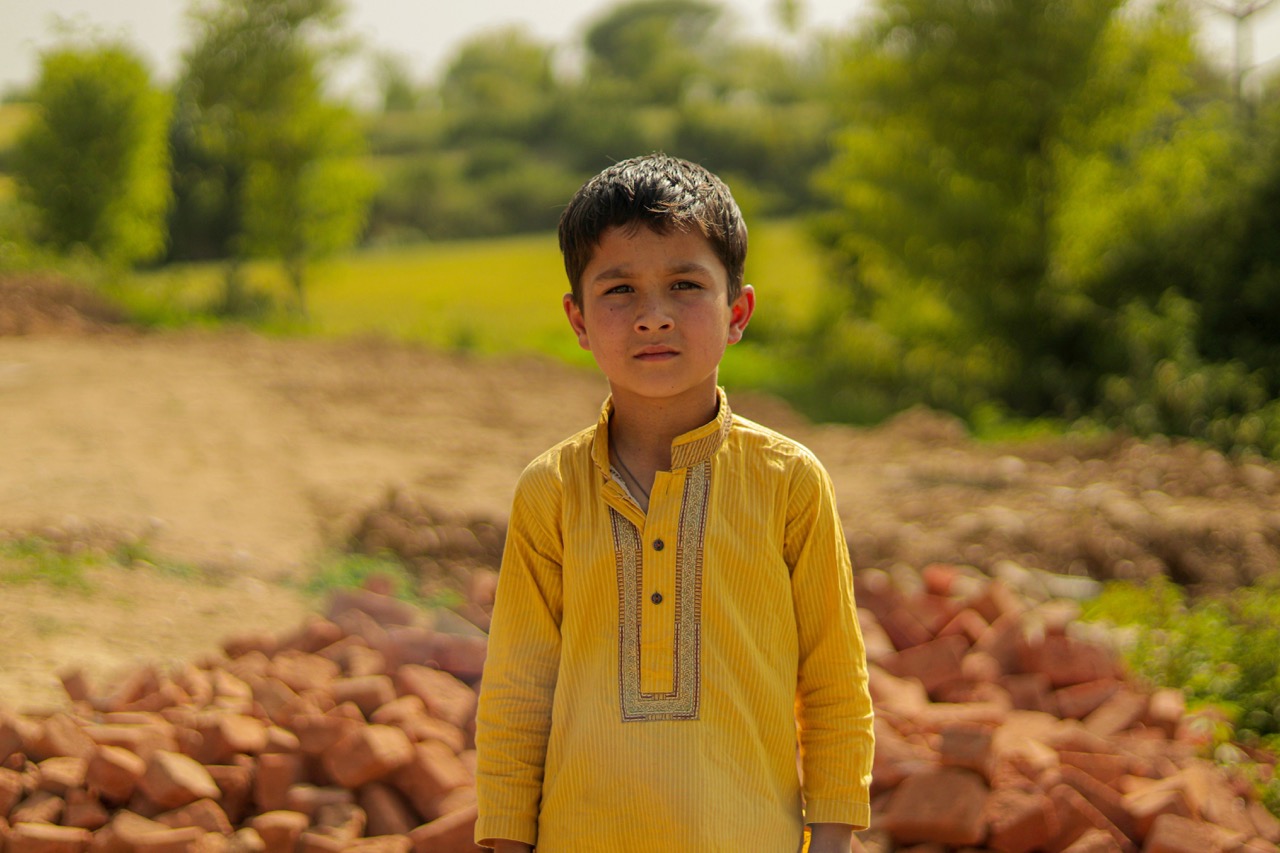Fair trade is a growing movement in the fashion industry, with more and more brands recognizing the benefits of supporting fair trade principles. According to data from the Fairtrade International, the global fair trade market was valued at $9.2 billion in 2019 and is expected to reach $18.9 billion by 2025, growing at a CAGR of 11.6% during the forecast period.
Generally, the principles of fair trade in the ethical fashion industry include:
1. Fair wages and working conditions: Fair trade ensures that farmers, artisans and factory workers in developing countries receive a fair wage and have safe and healthy working conditions.
2. Economic empowerment: Fair trade supports economic empowerment for marginalized communities by providing fair prices and long-term partnerships with producers.
3. Environmental sustainability: Fair trade promotes sustainable production methods, such as the use of organic and environmentally-friendly materials, and encourages the use of renewable energy.
4. Gender and social equity: Fair trade promotes gender equality and non-discrimination, and works to improve the lives of marginalized communities.
5. Transparency and accountability: Fair trade requires transparency and accountability in the production and supply chain, so that consumers can trust that the products they buy are produced ethically and sustainably.
6. Community development: Fair trade organizations often invest in community development projects that benefit the lives of people in developing countries, such as building schools and health clinics.
7. Cultural preservation: Fair trade works to preserve the cultural heritage of the communities involved in the production process, by promoting traditional techniques and skills.
When companies adhere to those aforementioned principles, not only that company can reap the benefit of sustainable growth but also it can impact every element of their supply chain.
Research has shown that fair trade can have a significant impact on the lives of farmers and artisans in developing countries. For example, a study conducted by the Fairtrade Foundation found that fair trade certified cotton farmers in Mali earned on average 68% more than non-certified farmers. Additionally, fair trade certified farmers were found to be more likely to invest in their farms and communities, with 63% of certified farmers investing in new farming equipment and 45% investing in community projects such as schools and health clinics.
Another study by the International Labour Organization (ILO) found that fair trade certified factories in Bangladesh and Cambodia had better working conditions than non-certified factories. This includes things like better access to healthcare and social security, as well as more opportunities for training and development.
In terms of environmental impact, fair trade certified products are often produced using more sustainable methods. For example, fair trade certified cotton farmers are required to use Integrated Pest Management (IPM) techniques, which reduce the use of harmful pesticides and improve soil health. In addition, fair trade certified cotton farms are also required to implement water management plans to reduce water usage and improve water quality.
Finally, fair trade can also benefit ethical fashion brands by helping them to build trust and loyalty with consumers. According to a survey conducted by the Fairtrade Foundation, 66% of consumers are more likely to trust a brand that uses fair trade certified products. Additionally, a study by the Fairtrade America found that fair trade certified products can drive consumer loyalty, with 70% of fair trade certified product buyers saying they are likely to purchase the same product again.
In conclusion, fair trade is a growing movement in the fashion industry that can have a positive impact on the lives of farmers and artisans in developing countries, promote sustainable and ethical production practices, and benefit ethical fashion brands by building trust and loyalty with consumers. With global fair trade market is expected to reach $18.9 billion by 2025, it’s a trend that will continue to grow in importance.
All of the aspects above require a method to enable brands to reveal and confirm their claims in a cost-effective and streamlined way. Gratitude can enable that. Gratitude enables businesses to become transparent by being powered by blockchain technology, with easy-to-use tools to record their supply chain, narrate the story, verify on blockchain and present the data in a beautiful landing page that can be issued via Gratitude’s QR Code or URL that can be placed on a physical product or embedded on digital marketing campaign. Customers can then simply scan the QR codes placed on the product or click the link on a digital campaign and clearly see the product’s journey, verify sustainability claims, or any supply chain data that the company wants to reveal to the customer.
Begin your business’ true transparency journey by implementing Gratitude to unlock the hidden value of your supply chain data. Talk to our representatives via the following channels for support or assistance in implementation:
Website : https://more-gratitude.com
Twitter : https://www.twitter.com/more_gratitude
Linkedin : https://www.linkedin.com/company/more-gratitude
Instagram : https://www.instagram.com/more_gratitude/
Facebook : https://www.facebook.com/followgratitude
Medium : https://www.medium.com/@more_gratitude
Sign up to our exclusive newsletter for special offers and latest industry insight :



